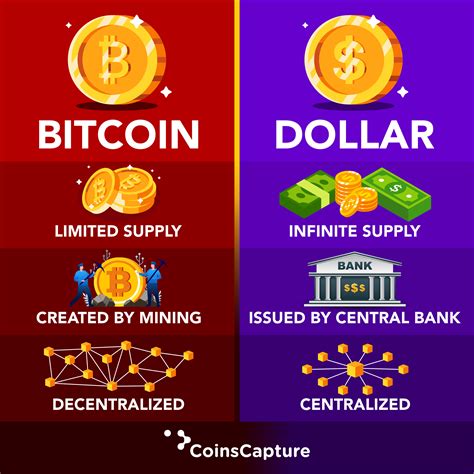Bitcoin’s journey has been marked by a series of ideological battles and forks, underscoring a fundamental conflict at its heart: Is Bitcoin a digital ‘gold’ – a secure investment storing value for the future – or is it a revolutionary currency designed to transform money as we know it? Early adopters embraced Bitcoin as a new currency that could circumvent traditional financial institutions, but as time passed, practical challenges such as high transaction fees and scalability issues led to differing opinions and developments within the community.
The split into Bitcoin and Bitcoin Cash in 2017 is a significant event that highlights the differing ideologies within the Bitcoin community. Proponents of Bitcoin Cash argue that it adheres closer to Satoshi Nakamoto’s original vision of a peer-to-peer electronic cash system as documented in the Bitcoin whitepaper. Conversely, Bitcoin itself has increasingly been viewed as a form of digital gold rather than a daily transaction medium. This distinction has profound implications on how each blockchain evolves and how it’s perceived by investors and regulators.
The Bitcoin community is further divided on how best to address these challenges. While some advocate for short-term solutions such as the Lightning Network to mitigate high fees and improve transaction speeds, others push for fundamental changes to the protocol. For instance, arguments about block size and transaction reversibility have sparked intense debate and reflection on the core principles of Bitcoin. The scenario leads us to question the trade-offs between maintaining a decentralized system and achieving practical utility for everyday financial transactions.
Moreover, the regulatory landscape is also evolving as governments and financial bodies scrutinize the implications of cryptocurrencies more closely. Discussions around cryptocurrency regulation often reflect broader concerns about its potential to disrupt traditional financial systems and the associated risks of money laundering and tax evasion. Roger Ver’s recent charges related to tax fraud reflect this heightened scrutiny and also bring to light issues of governance and accountability within cryptocurrency ventures.
Ultimately, the discourse surrounding Bitcoin – whether viewed through the lens of investment, technology, or legislation – reflects a broader conversation about the future of money. What started as a simple digital currency has spawned a complex ecosystem of different cryptocurrencies, each with its own characteristics and objectives. As we continue to examine the role of Bitcoin and its offshoots, it’s clear that the debate over its fundamental identity and utility is far from over. Stakeholders, including investors, developers, and regulators, will play a crucial role in shaping the trajectory of Bitcoin and determining its place in the financial world of tomorrow.


Leave a Reply